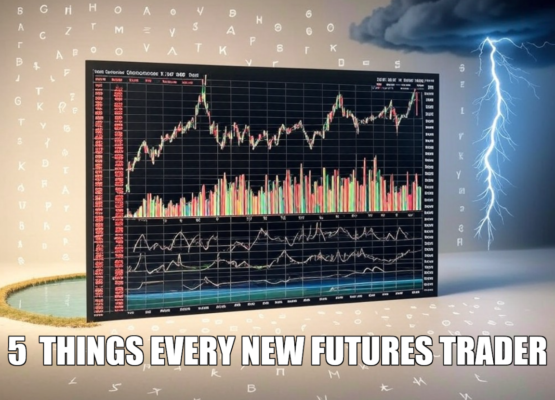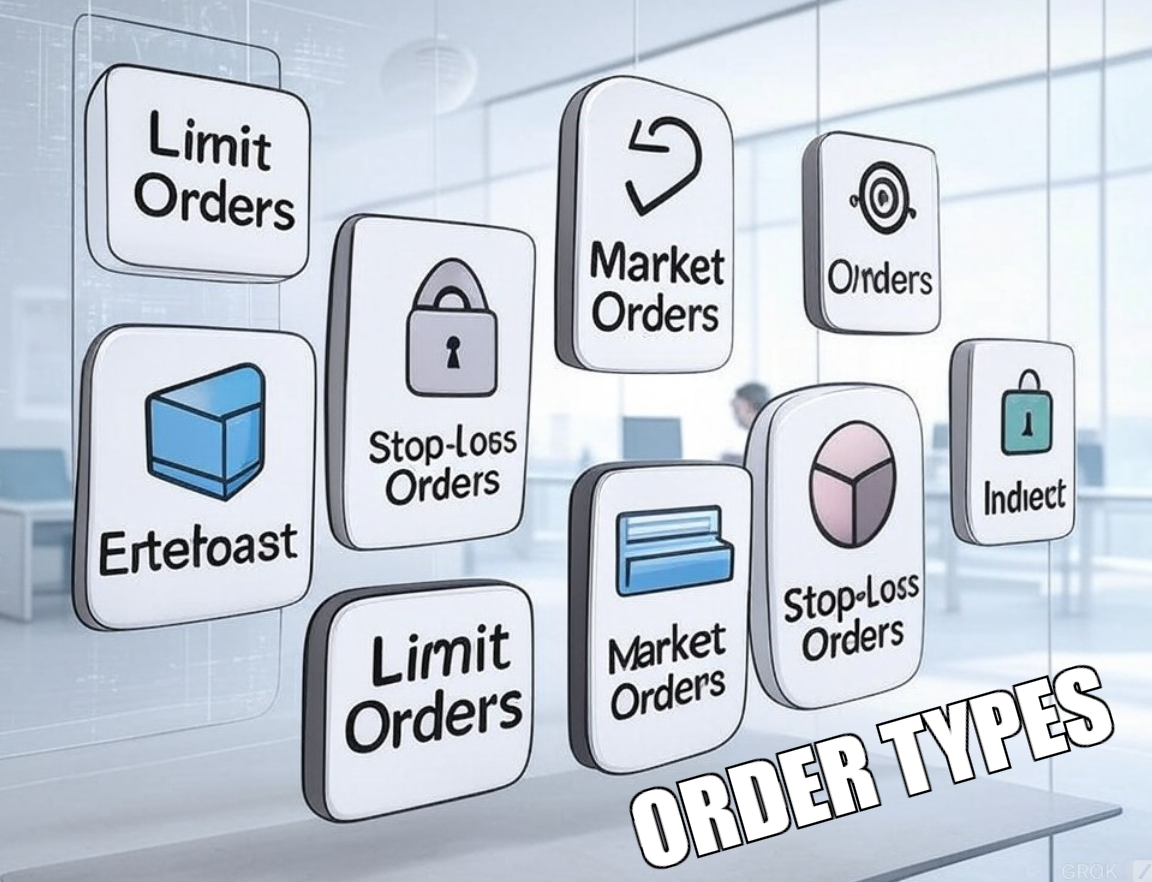Trading Psychology for Trading Stocks or Crypto.
Explore the psychological aspects of trading stocks or crypto with this insightful guide. Learn how to manage emotions, develop discipline, and make rational decisions to enhance your trading performance and mental resilience.

AI TRADING PSYCHOLOGY SOFTWARE
LINK-https://tradingindicatorpro.com
WATCH VIDEO TUTORIAL
LINK-https://youtu.be/F96qBjBNeG
-
These are the two emotions most likely to derail your trading strategy. Fear can prevent you from taking calculated risks or cause you to exit a position too early, while greed can lead to holding onto a position for too long, hoping for an unrealistic gain.
-
No trader wins all the time. It’s crucial to accept losses as part of the trading process without letting them affect your confidence or decision-making. Use stop-losses and consider losses as tuition for learning the market.
-
FOMO can lead to impulsive buying when you see others profiting from a particular stock or crypto. Always trade based on your strategy, not the crowd’s actions.
-
Stick to Your Plan: Have a trading plan and follow it religiously. This includes entry and exit strategies, risk management rules, and not deviating based on short-term market noise.
-
Patience for Entries and Exits: Good trades can take time to materialize. Avoid jumping in and out of positions hastily. Wait for clear signals as per your strategy.
-
This is the tendency to favor information that confirms your existing beliefs. In trading, this can blind you to new, contradictory data. Always seek out information that challenges your views to make more balanced decisions.
-
Traders often fixate on the price they bought at, which can affect selling decisions. Instead, focus on the current market context and future potential, not past prices.
-
After a run of successes, you might feel invulnerable, leading to riskier trades. Maintain humility and remember that past performance does not guarantee future results.
-
Continuous Learning: The market is ever-evolving, and so should your knowledge. Learn from losses, stay updated with market trends, and refine your strategies.
-
Resilience: Trading involves losses. Building mental resilience means recovering from setbacks without losing your overall strategy or confidence.
-
Mindfulness: Being present and aware of your emotional state can prevent knee-jerk reactions. Techniques like meditation or journaling can help maintain mental clarity.
-
Know Your Limits: Understand how much risk you can psychologically and financially handle. This awareness will guide your position sizing and trading frequency.
-
Decisions Over Emotions: Base your trading decisions on strategy and analysis, not on how you feel at the moment. This might mean waiting out a period of emotional turmoil before making significant decisions.
-
Keep a Trading Journal: Document your trades, including your emotions and thought processes. This can help in retrospectively understanding psychological patterns affecting your trading.
-
Set Realistic Goals: Unrealistic expectations can lead to frustration. Set achievable, data-driven goals for your trading.
-
Simulated Trading: Before risking real money, use demo accounts to practice trading under emotional stress without financial repercussions.
-
Community and Mentorship: Engage with trading communities or find a mentor. Sharing experiences can provide new perspectives and emotional support.




